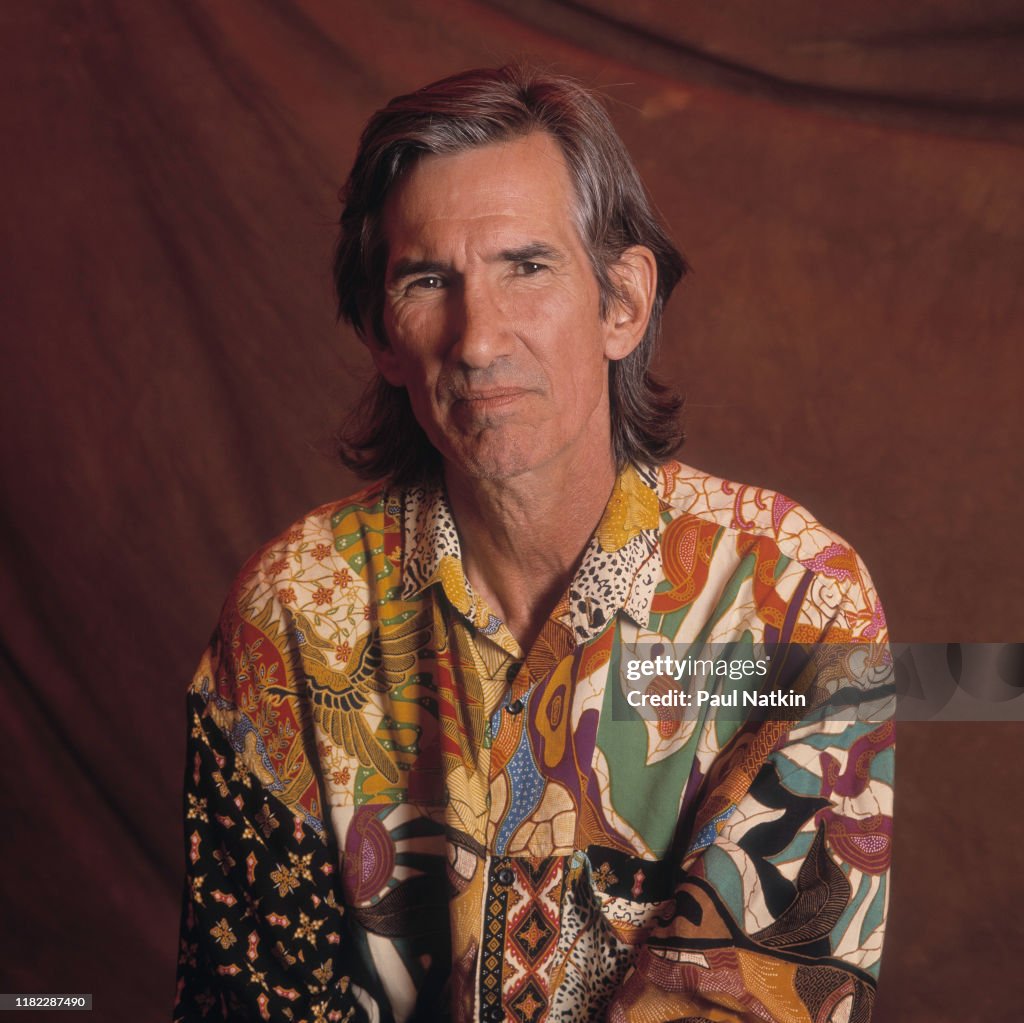
An Elegiac Farewell to a Vicious Muse: The Beautiful, Baffling Brilliance of Townes Van Zandt
If there’s one song that truly encapsulates the beautiful, baffling genius and bone-deep sorrow of Townes Van Zandt, it may well be “Fare Thee Well, Miss Carousel.” Released in 1969 on his eponymous third album, Townes Van Zandt, this track remains one of his most complex, vivid, and devastating compositions. While the album itself is a cornerstone of American folk and country, an essential piece of the singer-songwriter movement, neither the album nor the single enjoyed any significant chart position upon release. Townes, ever the poet of the lonely, lost soul, was a cult figure, a legend passed by word-of-mouth among musicians like a precious secret, rather than a commercial success. His artistic legacy, however, is a far grander story than any fleeting chart placement could ever tell.
The very structure and length of the song—a sprawling, nearly five-and-a-half-minute narrative across six dense, allegorical verses—immediately set it apart from the standard country or folk fare of the time, aligning it more closely with the literate, epic songwriting of artists like Bob Dylan. The story behind “Fare Thee Well, Miss Carousel” isn’t a simple tale of a broken romance; it’s an open-ended, devastating metaphor. Though interpretations vary, the prevailing and most emotionally resonant understanding is that Miss Carousel is a personification of the chaotic, cyclical forces that dominated Townes‘s life: addiction, mental illness, and the self-destructive, intoxicating merry-go-round of his lifestyle.
The song’s meaning is one of profound, weary resignation—the moment a soul decides to step off the ceaseless, painful ride. The lyrics are a parade of tragic, evocative images: “The drunken clown’s still hanging round / But it’s plain the laughter’s all died down,” and the blind man with his knife, convincing himself he understands. Miss Carousel herself is an ambivalent figure: a captivating, manipulative, unfeeling force, a vicious muse who owns the body (“You own his legs”) but can’t claim the free mind. The ‘farewell’ is not just a goodbye; it is a spiritual necessity, a final attempt to reclaim the self before being utterly consumed.
For those of us who came of age with this music, this song hits a deep, nostalgic nerve. It isn’t just a track; it’s a mood, a late-night reverie, a familiar soundtrack to quiet desperation and the search for an exit sign. Hearing that distinctive, slightly melancholic acoustic guitar introduction again—followed by Townes‘s voice, raw and knowing, like a weary prophet leaning against a bar—takes us right back. It evokes the feeling of a world seen through a dark, beautiful glass, where every character is flawed and every victory is temporary. The chilling chorus, “Won’t you come and get me when / You’re sure that you don’t need me then / I’ll stand outside your window / And proudly call your name,” is the essence of the struggle: the paradoxical desire for the poison to release its hold so that one can face it on their own terms, finally free. It’s an intellectual puzzle, yes, but more importantly, it’s a shared emotional history—a poetic acknowledgement of the darkness many of us felt or saw in those restless, reflective years.